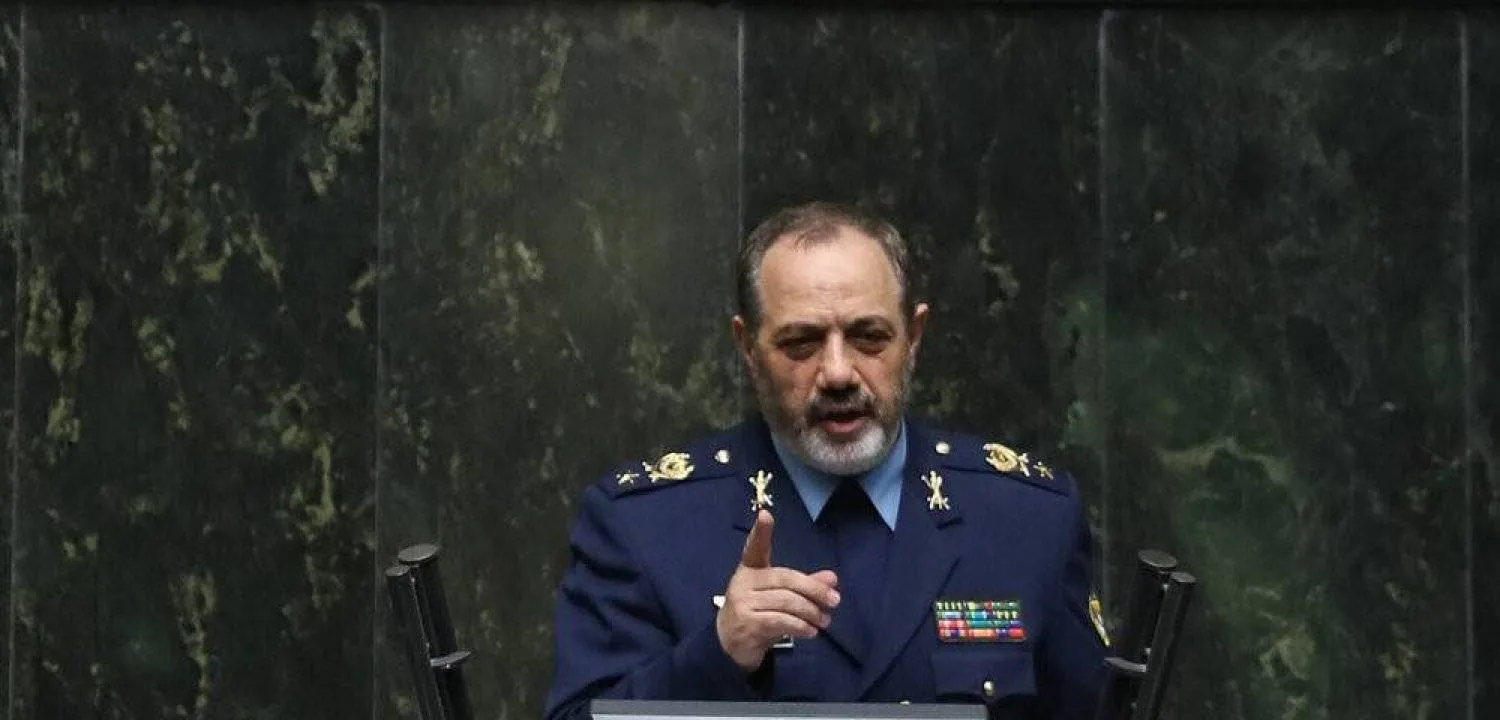On the third day of discussions in Iran’s parliament about Masoud Pezeshkian’s proposed cabinet, Gen. Aziz Nasirzadeh, the nominee for Defense Minister, defended the importance of producing weapons during peacetime to ensure strong defense capabilities.
He also reiterated Iran’s commitment to supporting “the Resistance Axis” groups in the region, calling them a part of Iran’s armed forces.
Nasirzadeh criticized the US in his speech, portraying Iran as a rising power in a changing global order.
He claimed that both the region and the world are moving away from a US-dominated system and towards a new order, with powers like Iran playing a key role.
The proposed defense minister also noted that rapid changes in security and defense, especially with new technologies, are making regional security more complex.
Nasirzadeh, a previous head of the Iranian Air Force, was appointed Deputy Chief of Staff by Supreme Leader Ali Khamenei.
He warned that global and regional pressures on Iran and its allies, known as the “Resistance Axis,” are increasing across military, political, and economic fronts.
It is worth noting that the Axis refers to groups that align with Iran’s ideology, such as the Palestinian group Hamas.
Outlining his ministry’s primary focus, Nasirzadeh said: “Maximizing power production will be our main special task as a symbol of power and authority.”
He highlighted two key pillars for achieving this: “soft and hard power, including the use of software and artificial intelligence.”
Nasirzadeh described these efforts as crucial for reaching “the ultimate goal of effective deterrence.”
“Without effective deterrence, there’s no doubt that our enemies would have already attacked our country.”
He added that it is deterrence and power that prevent the enemy from daring to act against Iran.
Nasirzadeh also pledged to revitalize regional diplomacy and enhance cooperation with BRICS and Shanghai Cooperation Organization countries over the next four years, while “preserving sovereignty and utilizing available capabilities.”
Iran Defense Nominee Vows Weapon Production for Effective Deterrence

Gen. Aziz Nasirzadeh (ISNA)

Iran Defense Nominee Vows Weapon Production for Effective Deterrence

Gen. Aziz Nasirzadeh (ISNA)
لم تشترك بعد
انشئ حساباً خاصاً بك لتحصل على أخبار مخصصة لك ولتتمتع بخاصية حفظ المقالات وتتلقى نشراتنا البريدية المتنوعة







